Graham Reid | | 2 min read
Can: Mushroom (live 1972)
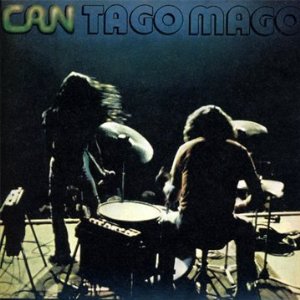
If you applied cold logic, on paper most band line-ups wouldn't make much sense. With hindsight you can see the internal faultlines which would pull apart so many of them.
None of that matters of course, as long as at some point they make great music.
And Can out of Germany certainly did that, although on paper the line-up for their extraordinary Tago Mago album of 1971 -- a highwater mark for not just Krautrock, but the genre of "post-rock" 35 years before anyone had a name for it -- made little sense at all.
In their ranks they had a free jazz drummer (Jaki Liebezeit), a Japanese busker who sang in some weird Jap-English language of his own invention (Damo Suzuki), a classical pianist and teacher who had studied under classical avant-gardists Stockhausen and Berio (Irmin Schmidt), one of his students (guitarist Michael Karoli) and bassist Holger Czukay who also studied Stockhausen.
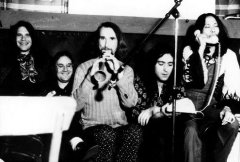 Put that before a record company executive today -- or indeed at any time -- and you'd guess there would not only be no contract but also an interesting and fast walk back to the elevator in the company of security guards, if not nurses carrying wraparound white jackets.
Put that before a record company executive today -- or indeed at any time -- and you'd guess there would not only be no contract but also an interesting and fast walk back to the elevator in the company of security guards, if not nurses carrying wraparound white jackets.
But those were the musicians who assembled to record Tago Mago, an album of extraordinary atmospherics, rock textures and loping rhythms, spare melodic lines, careering keyboard, and guitar parts which head off into the psychedelic.
On paper or on-line, that also makes no sense.
Tago Mago did -- and does even today, 40 years after its release -- sound ahead of the game and in a cosmos of its own. Its influence may not be readily apparent in current rock, but just as the Stones spawned Aerosmith and they spawned Guns'N Roses there is a clear trickle-down.
Although part of the broad church that was Krautrock, Can anticipated more recent post-rock (musicians using rock instruments for purposes other than "Are you feeling alrrrriiiiight, Cleveland?") and even a kind of jazz-fusion which leans more to the early Pink Floyd sonic tapestry.
Because Tago Mago is such an exceptional document it has long been an Essential Elsewhere album and so is considerd in depth here.
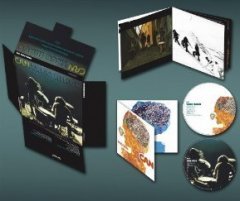 But we should acknowledge the 40th anniversary reissue which comes with excellent liner essays which include Duncan Fallowell's '72 article on Can in Melody Maker which became the liner notes for the UK release, Bobby Gillespie from Primal Scream (who confirms John Lydon/Rotten was a huge fan and Can were an influence on PIL, which also explains why PIL bassist Jah Wobble would record the Snake Charmer EP with Can's Czukay and Liebezeit in '83) and a '07 reflection on Tago Mago by Guardian/The Wire music journalist David Stubbs.
But we should acknowledge the 40th anniversary reissue which comes with excellent liner essays which include Duncan Fallowell's '72 article on Can in Melody Maker which became the liner notes for the UK release, Bobby Gillespie from Primal Scream (who confirms John Lydon/Rotten was a huge fan and Can were an influence on PIL, which also explains why PIL bassist Jah Wobble would record the Snake Charmer EP with Can's Czukay and Liebezeit in '83) and a '07 reflection on Tago Mago by Guardian/The Wire music journalist David Stubbs.
But of greater importance is the inclusion of a 48 minute live disc (recorded in '72) which includes 10 minute treatment of the influential Halleluwah and has a hypnotic 30 minute version of Spoon (which appeared as a three minute piece on the subsequent album Ege Bamyasi).
Over the past decade or so Can have been reissued, rediscovered, recently remastered and re-presented (notably the Can book/double CD and DVD set, and permutations of that). But the enjoyable learning curve starts with the exceptional and timeless Tago Mago.
A longtime Essential Elsewhere album.
'Nuff said?
Like the sound of Can? Then check out these guys.


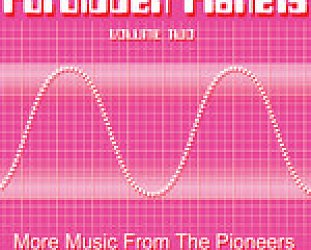
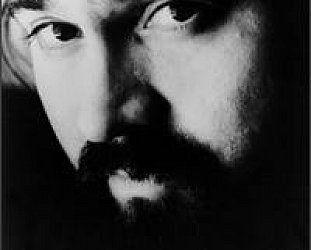
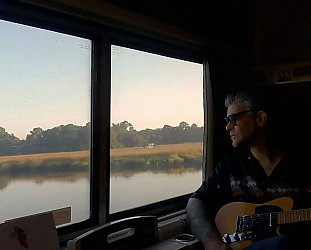
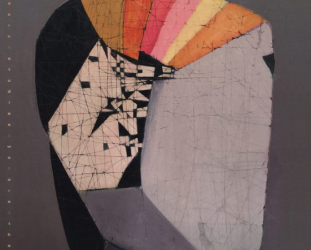

Duncan Fallowell - Dec 6, 2011
Brilliant piece. Just to note that my Melody Maker article was 1971, not 1972 as the booklet intro says - I love historical accuracy, don't you? But all the dates are accurate in my second set of notes at the end.
SaveBest wishes, Duncan
post a comment